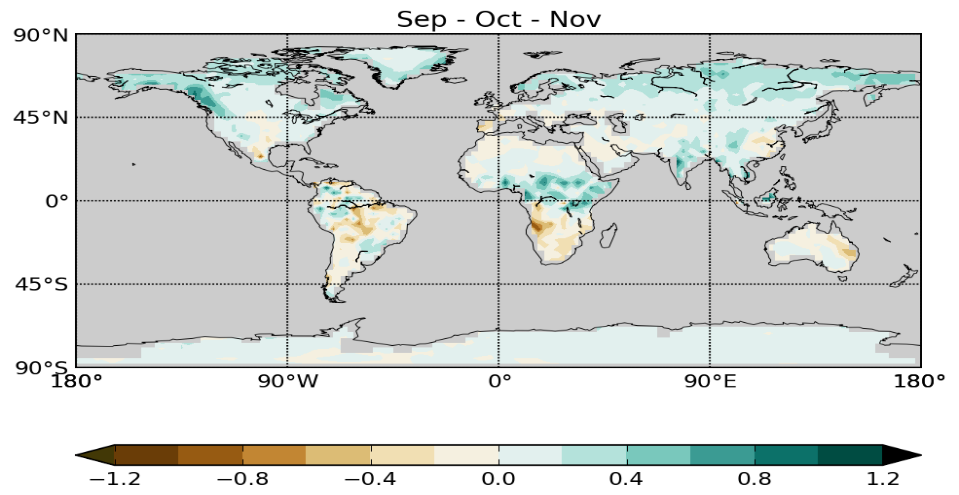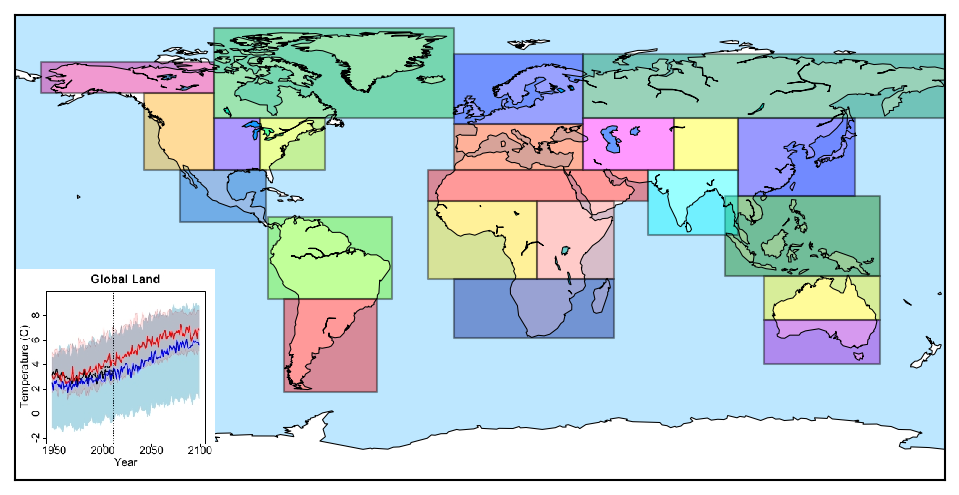Product Demos
In Sustainability and Data Science (SDS) lab, the methodological approaches have been interdisciplinary, blending concepts and leveraging methods from statistics and econometrics, data mining and machine learning in computer science, complex networks and graphical models, nonlinear dynamics and signal processing in physics and engineering, as well as translational insights developed across multiple domains in the sciences and engineering. Visualizing the results plays an important role in communicating and presenting the outcomes. They include different Geovisualization models, time series diagrams, IDF curves and much more.
Climate
Climate change has been defined as a key issue of our generation while water security and sustainability has been highlighted as a crucial challenge of the 21st century for the nation and the globe. Our research attempts to understand the fundamental science of climate and hydrology while developing predictive insights which can inform decisions and policy.




